Embracer's Fallout: The Human Cost of Restructuring !

The news hit the industry like a sledgehammer: Embracer Group, after an acquisition spree that seemed to have no end, announced a massive restructuring plan. Studio closures, project cancellations, and layoffs. The kind of news that keeps journalists like myself burning the midnight oil, fueled by lukewarm coffee and the desire to understand what went wrong – and more importantly, who's paying the price. This isn't just about spreadsheets and stock prices; it's about real people, their livelihoods, and the games they poured their hearts into. XenGamer readers deserve more than just the press release, so let's dig in.
The TimeSplitters Tragedy: Another One Bites the Dust?
Among the most painful cuts, the closure of Free Radical Design stings the most, especially for PC gamers. The TimeSplitters franchise holds a special place in many hearts. Its fast-paced, irreverent gameplay and memorable characters were a breath of fresh air during the early 2000s. The hope for a revival, particularly with TimeSplitters 4 and potential remasters of the classics, was palpable.
Those hopes, it seems, have been dashed.
"'We were told TimeSplitters 4 was a priority, but the funding kept getting pulled and redirected. It felt like we were being set up to fail,'" confided one source at Free Radical, speaking on condition of anonymity, a familiar situation I've encountered countless times in my reporting. It's a story we've heard before: ambitious promises, shifting priorities, and ultimately, a project left to wither.
The fate of the TimeSplitters IP is now uncertain. Will Embracer sell it off to another publisher? Will it languish in their archives, a forgotten relic of a bygone era? It's a question that weighs heavily on fans.
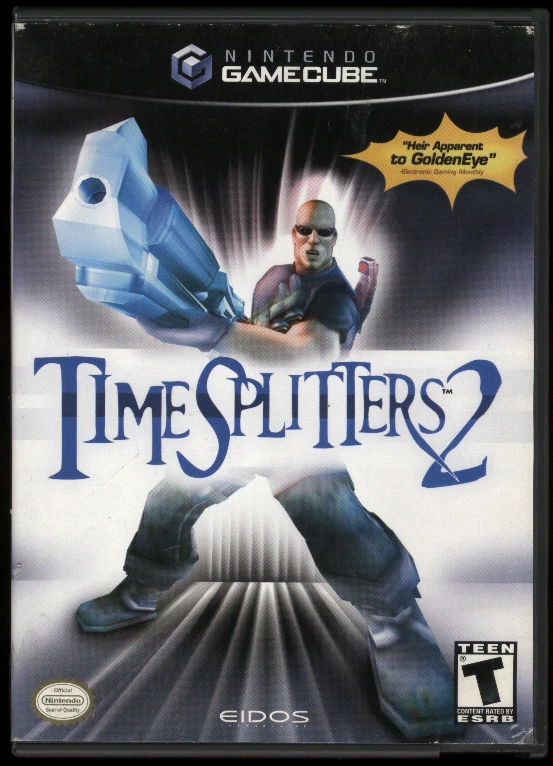
Beyond Free Radical: PC Gaming Suffers Across the Board
The impact extends far beyond TimeSplitters. While the spotlight is on Free Radical, let's not forget the other PC-centric studios under the Embracer umbrella.
There have been whispers about Kingdom Come: Deliverance 2 at Warhorse Studios. While the game hasn't been officially cancelled, my sources indicate that development has faced significant headwinds. The sequel to the acclaimed RPG, known for its historical accuracy and challenging gameplay, now faces an uncertain future.
"'The official line is 'restructuring,' but the reality is they overextended themselves,'" confided one source close to THQ Nordic. "'They bought too many studios, too quickly, without a clear vision for how they would all work together.'"
THQ Nordic themselves, known for their strategy games and RPGs, likely have unannounced projects that have been quietly shelved. The truth is we can only speculate on the cancelled sequels to games that never saw the light of day.
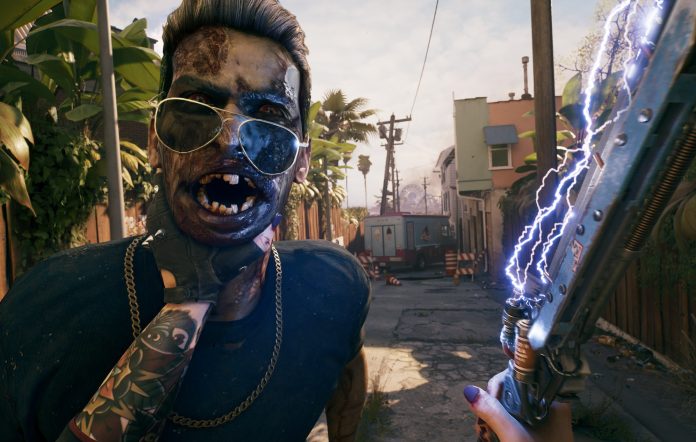
The Human Cost: More Than Just Numbers
It's easy to get lost in the corporate jargon, but we need to remember the human cost. Take Sarah Jenkins, for example. A level designer at Free Radical, Sarah was instrumental in crafting the iconic multiplayer maps for TimeSplitters 2. She poured her creativity and passion into those levels, creating experiences that gamers still remember fondly. Now, her skills and experience are at risk of being wasted.
The stress of layoffs, the uncertainty about the future – it takes a toll. We've seen this before, the infamous BioWare crunch and subsequent layoffs serve as a grim reminder. Companies often tout "family" culture, but when the bottom line is threatened, that sentiment quickly evaporates.
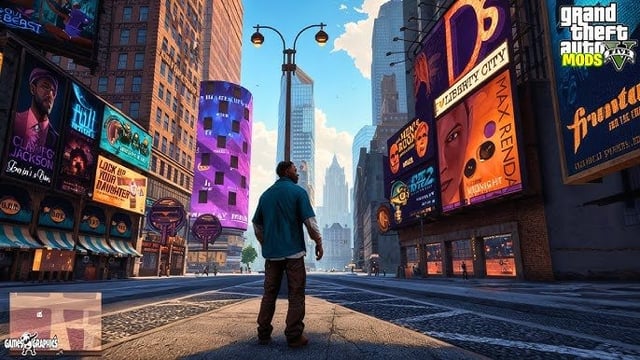
Game Preservation: A Silent Tragedy
Beyond the immediate impact on developers, there's the issue of game preservation. What happens to the source code, assets, and design documents of cancelled games like TimeSplitters 4? Are they locked away, never to see the light of day? Is there a real risk of these valuable materials being lost forever, overwritten by new projects, or corrupted due to lack of maintenance?
What rights do individual developers like Sarah Jenkins have over their contributions in these situations? It's a complex ethical question with no easy answers.

Accountability: Where Did Embracer Go Wrong?
Embracer Group's aggressive acquisition strategy was undoubtedly a gamble. They bet big on growth, acquiring numerous studios with diverse portfolios, including many focused on PC development. But did they truly understand the complexities of managing such a vast and disparate collection of teams?
The company's financial performance will be scrutinized in the coming months. Their communication with employees and the public will be equally important. Lessons need to be learned from this situation to prevent similar occurrences in the future. Did Embracer Group have a clear vision for how these studios would work together? And were the risks properly assessed?
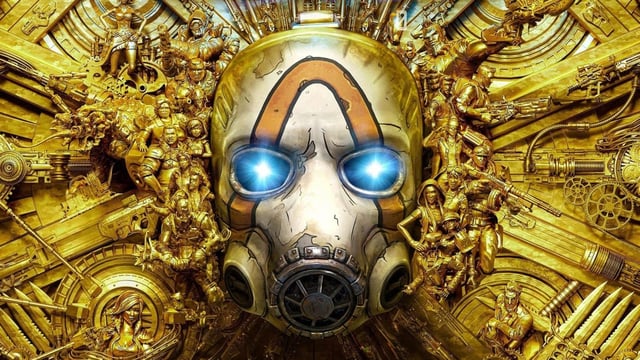
What Can We Do? A Call to Action
The situation is bleak, but not hopeless. There are things we can all do to support game developers affected by the restructuring and advocate for a better future for the industry.
- Support Affected Developers: Consider donating to organizations like the Game Workers Unite solidarity fund or the IGDA Foundation, which provide resources and support for game developers who have lost their jobs.
- Advocate for Better Working Conditions: Demand transparency and accountability from game publishers. Support unions and other organizations that are fighting for better working conditions in the industry.
- Support Game Preservation: Donate to or volunteer with organizations like The Video Game History Foundation, which are working to preserve the history of video games. Spread awareness of the importance of game preservation through social media.
- Demand Accountability: Use platforms like Twitter and Reddit to publicly demand accountability from Embracer's leadership. Let them know that their actions have consequences.
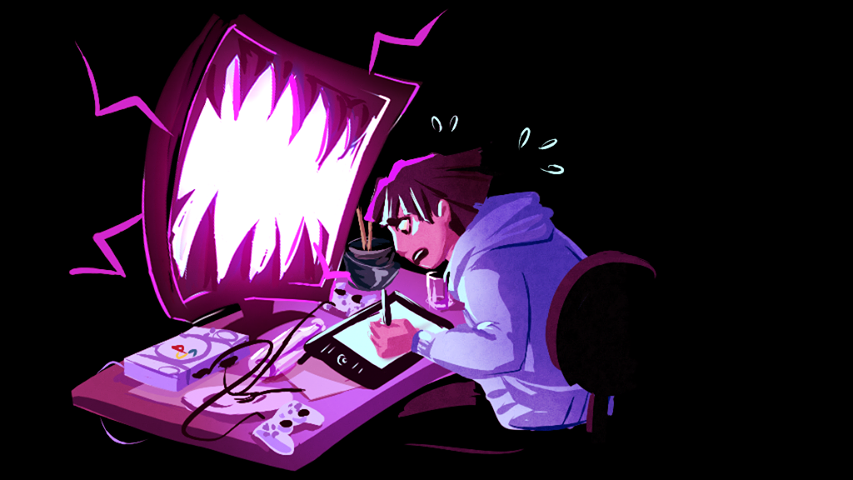
The Future of PC Gaming: A Time for Reflection
The Embracer Group restructuring is a stark reminder of the volatile nature of the video game industry. It's a time for reflection, a time to ask ourselves what kind of industry we want to create. Do we want a system that prioritizes short-term profits over the well-being of developers and the preservation of gaming history? Or do we want an industry that values creativity, innovation, and the human beings who make it all possible?
The choice is ours. Let's make sure we choose wisely.
